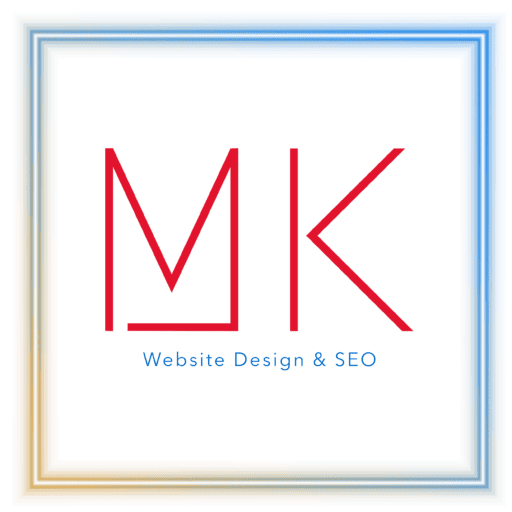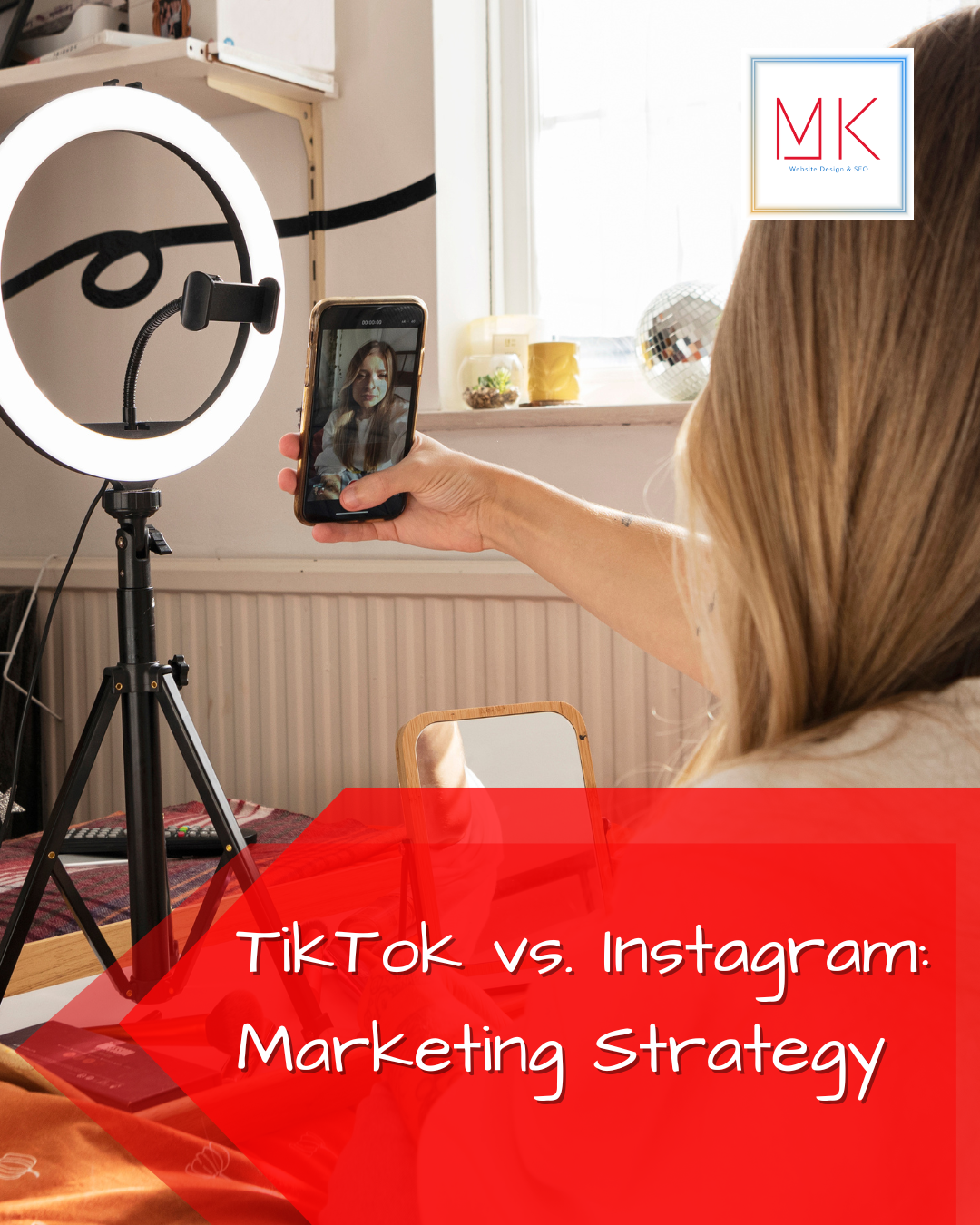.ORG, vs .COM vs .NET | Domain Extensions
A website address consists of a domain name and a domain extension. The domain name is unique, linking your online presence to your brand. The extension, or top-level domain (TLD), classifies the site by type, location, or business model and affects credibility. Common TLDs include .org, .com, and .net. To choose a suitable TLD, you should familiarize yourself with its meaning, strengths, weaknesses, and differences.
.ORG, vs .COM vs .NET
Let’s understand the differences between them.ORG, .COM and .NET domain extensions:
Meaning of .com
The .com TLD is the most widely-used and valuable for professional websites. Initially intended for commercial sites, it now hosts any website. 48% of global sites use .com, making it synonymous with the internet and easily remembered by consumers.
However, limited availability can make it challenging to secure a .com domain. Consider checking its feasibility and taking it into account when naming your business.
Meaning of .org
The .org TLD represents “organization” and is typically used for nonprofit websites such as charities, educational platforms, and open-source projects. Initially designed for organizations that didn’t fit other domains, .org became restricted to nonprofits, but this changed in 2019.
Profit businesses can use .org domains, but the public perception still associates it with nonprofits. Misrepresenting a for-profit company as a nonprofit on a .org domain can result in negative consequences.
.Com vs .Org
Choosing between .com and .org is often seen as simple: .org for nonprofits and .com for businesses. However, the declining availability of .com domains leads to alternative TLDs being used. The .org is a popular alternative to .com.
While any organization can use.org, its association with nonprofits is so strong that there may be better choices for a business. Consider .net as a solid alternative to .com for business or portfolios.
Meaning of .net
The .net TLD is the second-most standard domain extension, often suggested as a substitute when a desired .com name is unavailable. It is used by around 4% of all registered domains globally, initially intended for umbrella websites serving as portals for smaller sites.
Ideal for businesses offering internet, hosting, database, or collaboration services, using .net can be a viable option if .com is unavailable. To avoid confusion, integrate the TLD into branding efforts, e.g., Upstream.net, to make it easily memorable for visitors.
.Com vs .Net
The distinction between .net and .com domains has evolved, with their original purposes for “network” and “commercial” sites becoming less significant. With .com being heavily registered, .net has become a popular alternative for unavailable web addresses.
However, the main difference today is their impact on mobile websites, making it essential to choose wisely based on your website goals, whether providing internet services, making money online or something else. When considering .net vs. .com, think of the mobile aspect for maximum impact.
Domain choice and its impact on SEO
Regarding .net vs. .com, SEO is not affected by the extension. However, usability on mobile devices can be. The default option on smartphone keyboards is .com, making it quicker to find and more user-friendly. With over half of the online traffic coming from mobile devices, this small detail can impact a site’s success.
Own both extensions and redirect the additional one to the leading site to maximize online presence. Don’t stress over the domain choice affecting SEO, as Google’s John Mueller confirmed that it has no impact. Choose a TLD you like, as there are many options now.
The Bottom Line
The choice between .org, .com, and .net ultimately depends on the purpose and goals of your website. .com is the most popular and commonly associated with commercial sites, .org is best for nonprofits and educational institutions, and .net is ideal for networking and internet-based services.
Regardless of your choice, having a clear and memorable domain name is essential to align with your brand and effectively reach your target audience.
For more such informative blogs, contact MK Marketing.













